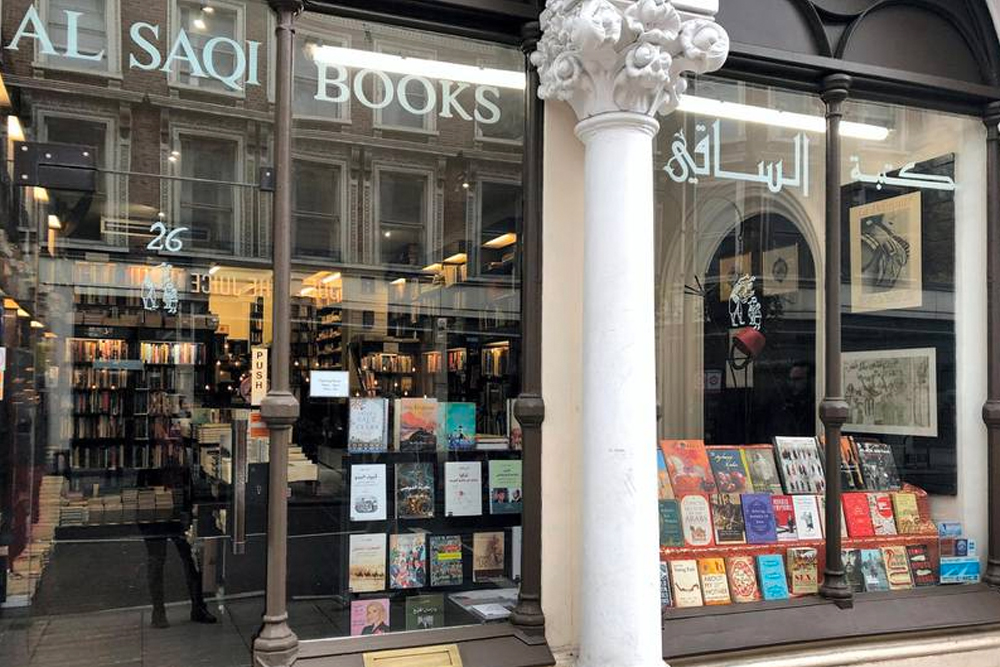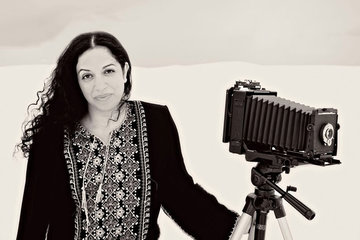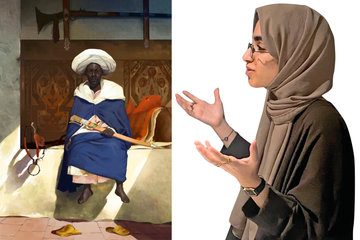
The largest Middle Eastern bookshop in Europe will close after 44 years of operation, according to The Guardian. Al Saqi Books in London cited the consequences of Brexit on the economy as well as a rise in the cost of books written in Arabic.
The 1978-founded bookstore offers a broad selection of Middle Eastern and North African literature in addition to books in Arabic across all genres. Director Salwa Gaspard, who founded the store with partners Andre Gaspard and Mai Ghoussoub after fleeing Lebanon, said that Al Saqi Books will close on December 31. She continued, stating that the choice was tough but one that had to be taken due to recent economic issues, such as the steep rise in the price of Arabic-language books. The majority of the store's titles were supplied from Lebanon, but Gaspard claimed the country's economic situation had caused costs to soar and made it impossible to import books. Publishers had to hike prices to stay in business, she said, as the cost of shipping and paper had almost doubled. They used to pay in US dollars, so the exchange rate is another element that is no longer beneficial.
Of course, there is also the rising expense of living in the UK. The expense of running the bookshop has gotten out of hand. They used to sell a lot of books to the EU, but this is no longer possible due to taxes and other factors brought on by Brexit. Another significant sector of the industry, Arabic libraries in the UK, are purchasing far less books. Additionally, because Arab tourists from abroad are not coming as before, they have lost a significant portion of their clientele. There is also a generational issue at play, since younger individuals do not frequent the establishment as often as their parents did.
The small publishing arms of Al Saqi Books, Saqi Books and Dar Al Saqi, will continue to operate despite the company's shutdown.
According to Arab News, the bookshop referred to itself in a statement as a “leading light not only for Middle Eastern expatriates, but for visitors from across the region keen to obtain works banned in their own countries.”

















